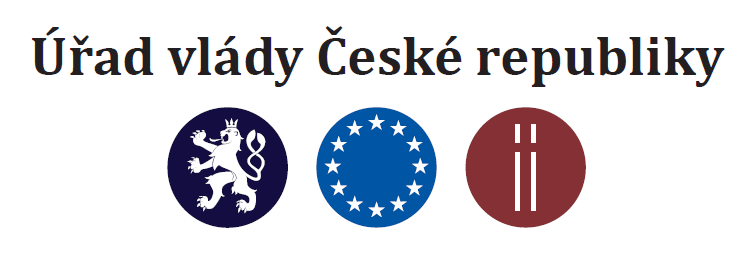Czech Republic in Europe and the European Union
Czech Republic in Europe and the European Union
The process of European integration has progressed so much for the past more than 60 years, that hardly anybody can nowadays imagine war breaking out between European countries. Most Europe uses one currency. Many of us have as many friends beyond the borders of our respective countries as within it. Also, many of us spend a larger or smaller part of our professional life working abroad and nobody thinks twice about it. Despite its obvious problems, the European Union is regarded by other regions of the world as a model of successful integration process. According to others, however, it also represents a bureaucratic monster and a threat to democratic governance in Europe. It deprives the national states of their sovereignty much faster and more thoroughly than any successful conquerors have. Some states of Southern Europe may abandon a common European currency; the Great Britain may even leave all the European integration process. The future of Europe seems to be as insecure nowadays as it used to be at the beginning of the 1950s, when an integration process emerged on the wrecks of post-war Europe.
Will European integration be further solidified? Is it possible to match an integration process with the demands of democratic governance? Will the European Parliament be reinforced? Will one day the inhabitants of Europe substitute their sentiment of belonging to their state or nation by their belonging to Europe as a whole? Will Europe use Euro in ten years as well? And will the Great Britain at this time still be a member of the Union? Will Ukraine become a member? And Turkey? Can we imagine a unified European army and abolishment of national armies? Will the borders re-emerge between the countries in Europe, for instance in response to growing international terrorism? And what role should the Czech Republic play in Europe? And what does it expect from the European Union, besides the subsidies?









